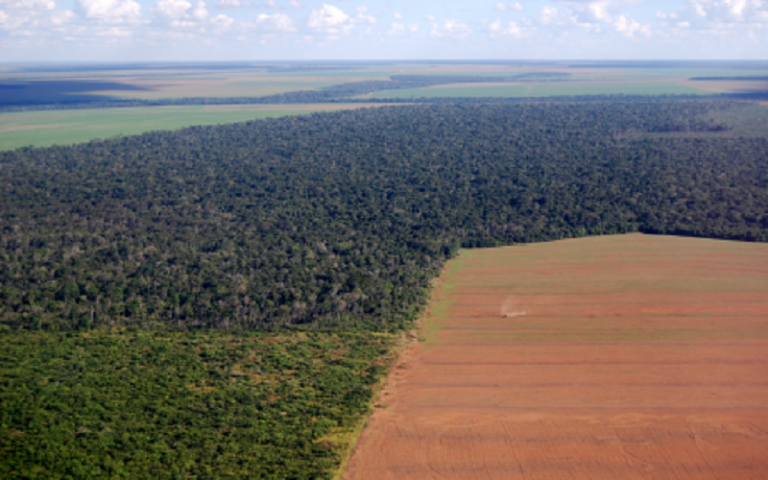
Written by Sebastian Spiteri
Once revered as a global leader in the fight against climate change, Brazil is now at odds with the urgent calls for international climate action.
Currently, Brazil has the second-largest hydropower capacity in the world which supplies over three-quarters of its electricity demand. Renewable energy trends are positive in Brazil with the latest auction for wind, biomass and hydro pushing ahead 58 projects with a combined capacity of 1162 MW. These market developments support the country in overachieving the nationally determined contributions set out for its energy sector. Notwithstanding this positive news, Brazil is yet the world’s seventh-largest greenhouse gas emitter.
Government inaction is worsening the current climate action policy in Brazil. This inaction is particularly evident in the Amazon rainforest whereby the current administration has vowed to scale back protection and weaken environmental laws protecting the Amazon. Brazil’s second largest source of emissions is due to unsustainable land use and deforestation of the forest to meet the needs of the agricultural sector. Over the last 5 years, Brazil’s annual deforestation rate has been increasing to around 7,000 square kilometres (700,000 hectares) per year. Registering
the world’s greatest loss of 1.3 million hectares in 2018.
Protecting and restoring this already heavily exploited repository of biodiversity and natural resources are of utmost importance to halt the existential threats of climate change and biodiversity loss.
“Goodwill alone is not enough any more” exclaimed the president of Peru, Martín Vizcarra.
Existing investment into natural climate solutions such as conservation, restoration and land management fall short. To safeguard the tropical rainforests and biodiversity, a new solution must be introduced.
This can be achieved through the introduction of a fossil fuels levy in the form of a carbon tax. Raising funds for natural climate solutions but also inciting behavioural changes and innovation to reduce carbon-intensive products such as oil, gas and coal.
Costa Rica has already paved the way in this area, acting as a viable case-study to replicate. In the 1980s, Costa Rica had the highest deforestation rate in the world. After setting a 3.5% tax on fossil fuels and creating the National Forest Trust (FONAFIFO) which disburses these funds to support conservation, reforestation and agroforestry, forest cover more than doubled from 1986 to 2013. These funds also supported the impoverished states within the forest, contributing to the sustainable development goals of ending extreme poverty, hunger and improving health.
Following from Costa Rica’s success with carbon taxes, such a policy intervention would not only support combatting the rising levels of deforestation but also act to alleviate poverty in the states found within the Brazilian Amazon. A paradox and a prime example of a resource curse, whereby some of Brazil’s poorest states lie in the world’s largest and naturally rich resource. In light of this, the adoption of a rainforest carbon tax is a practical solution for Brazil and its Amazon.
Photo credit
Frontpage, Shutterstock
 Close
Close

